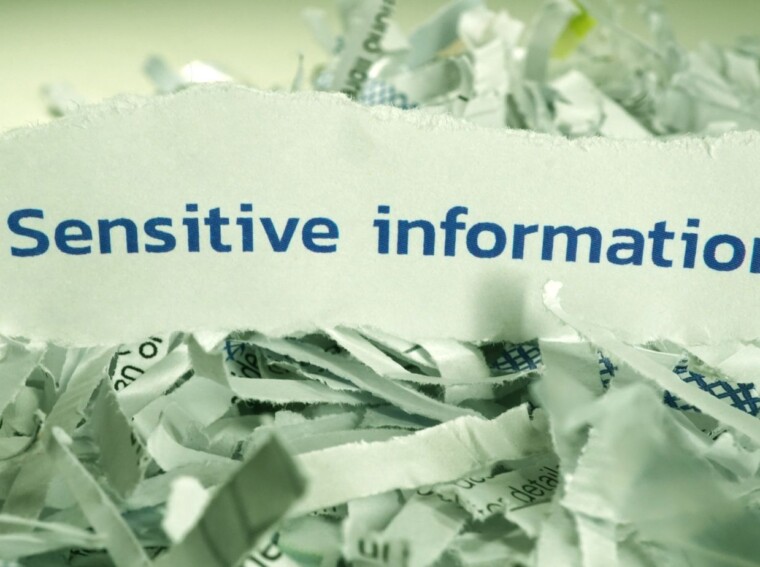Sensitive compartmented information, or SCI, is a term that often comes up in discussions related to national security and intelligence. But what exactly is SCI and what makes it so important? In this article, I’ll delve into the world of sensitive compartmented information and explore the truths behind it. From its definition to its purpose and handling, we’ll uncover the key aspects that make SCI a critical element in safeguarding classified information. So, if you’ve ever wondered about the true nature of SCI and its role in protecting our nation’s secrets, you’re in the right place.
When it comes to sensitive compartmented information, there are often misconceptions and confusion surrounding its characteristics. Is it solely limited to government agencies? Does it involve a specific set of rules and regulations? In this article, I’ll separate fact from fiction and shed light on what is true of sensitive compartmented information. Whether you’re a curious citizen or someone working in the field of intelligence, this article will provide you with the knowledge you need to understand the true nature of SCI and its implications for national security.
Which of the Following is True of Sensitive Compartmented Information (sci)
Sensitive Compartmented Information (SCI) refers to classified information that requires a higher level of protection due to its sensitivity and potential impact on national security. As an expert in the field of intelligence, I have come across SCI numerous times throughout my career. In this section, I will outline the key aspects of SCI, including its definition, purpose, and handling.
Definition: SCI is any information or material that requires access controls beyond those normally associated with confidential, secret, or top-secret classifications. It involves intelligence sources, methods, or activities, which, if disclosed, could result in grave damage to national security. This could include information related to military operations, foreign policy, counterintelligence, or any other area deemed sensitive.
Purpose: The purpose of SCI is to ensure that highly sensitive information is restricted only to individuals with a need-to-know. By compartmentalizing access, the government can control the dissemination of information and limit the risk of unauthorized disclosure. This helps safeguard intelligence sources, maintain operational security, and protect national interests.
Handling: SCI requires strict handling and protection measures. Only individuals who have undergone thorough background checks and obtained appropriate security clearances are granted access. Access to SCI information is granted on a “need-to-know” basis, meaning only individuals directly involved in specific operations or tasks can access the information. Additionally, SCI material is stored in secure locations and transported using secure methods to prevent unauthorized access or compromise.
It is crucial to emphasize that SCI plays a vital role in ensuring national security and protecting sensitive information. Now that we have a clear understanding of what SCI entails, let’s explore some of the common misconceptions and clarify any doubts surrounding this topic.

The Importance of SCI in National Security
Sensitive Compartmented Information (SCI) plays a critical role in ensuring national security. As an expert in the field, I understand the vital importance of safeguarding sensitive information and limiting access to individuals with a need-to-know.
Here are a few reasons why SCI is essential for maintaining national security:
1. Protecting Intelligence Sources: SCI is often classified as such due to the sensitive sources from which the information is obtained. By restricting access, we can protect the anonymity and safety of intelligence sources who provide valuable information for national security purposes.
2. Maintaining Operational Security: SCI measures are in place to prevent unauthorized access and disclosure of critical information. By carefully controlling and limiting access to SCI, we can ensure that only trusted individuals have the necessary knowledge to carry out essential operations effectively.
3. Safeguarding National Interests: Information classified as SCI has the potential to significantly impact national interests. By tightly controlling access to this information, we reduce the risk of it falling into the wrong hands and potentially compromising the security and interests of our nation.
4. Identifying Security Risks: SCI allows us to identify potential security risks and vulnerabilities by sharing classified information with select individuals. This enables us to assess threats, make informed decisions, and take necessary actions to protect national security.
5. Enhancing International Relations: When handling SCI, trust and cooperation with foreign partners become crucial. By demonstrating our commitment to protecting sensitive information, we strengthen international relationships and foster collaboration in areas such as counterterrorism, intelligence sharing, and diplomatic negotiations.
It is evident that SCI is not just a bureaucratic classification system but a vital tool for safeguarding our nation’s security interests. By understanding the importance of SCI, we can ensure that sensitive information remains protected and our nation’s security is preserved.
